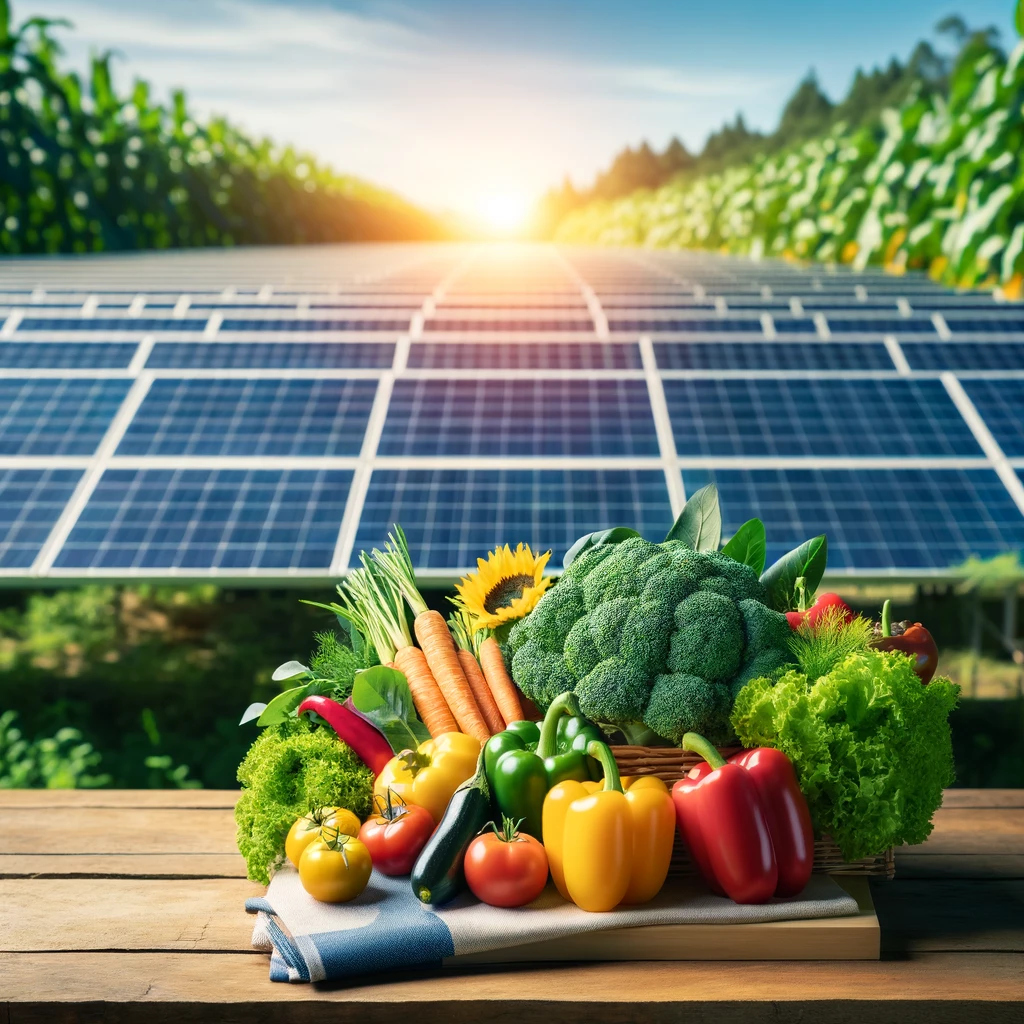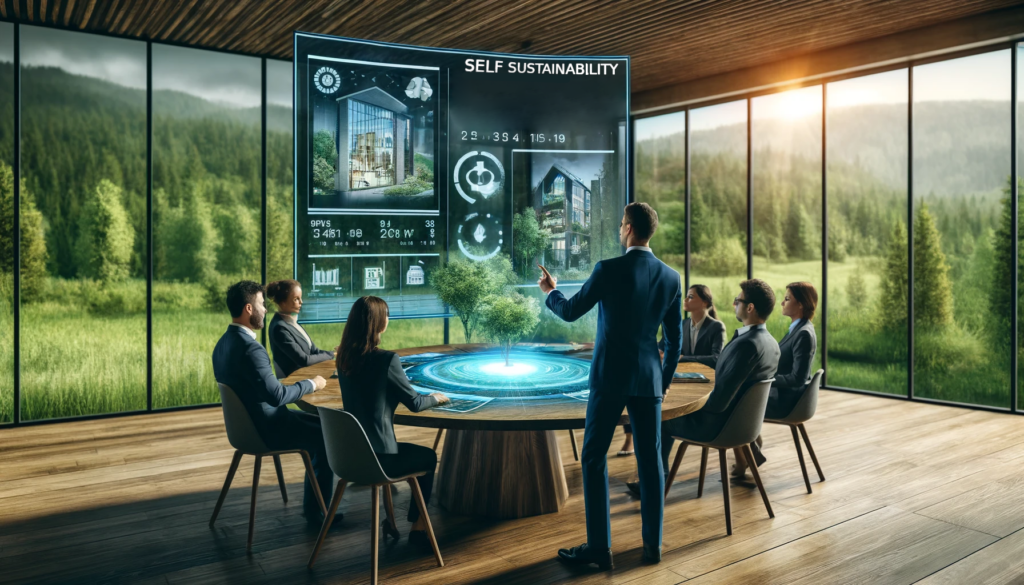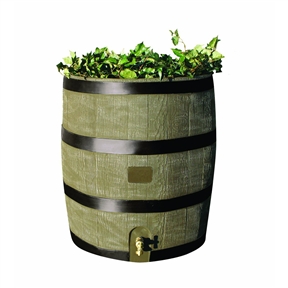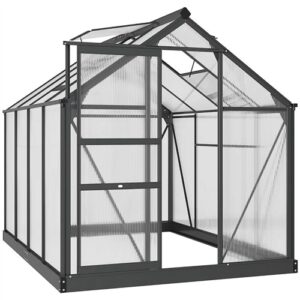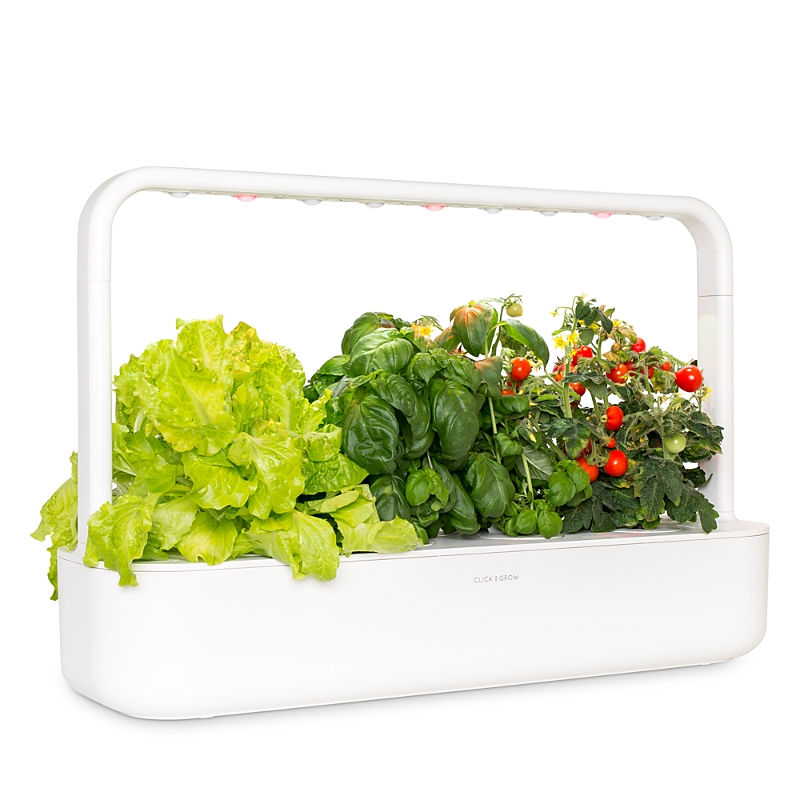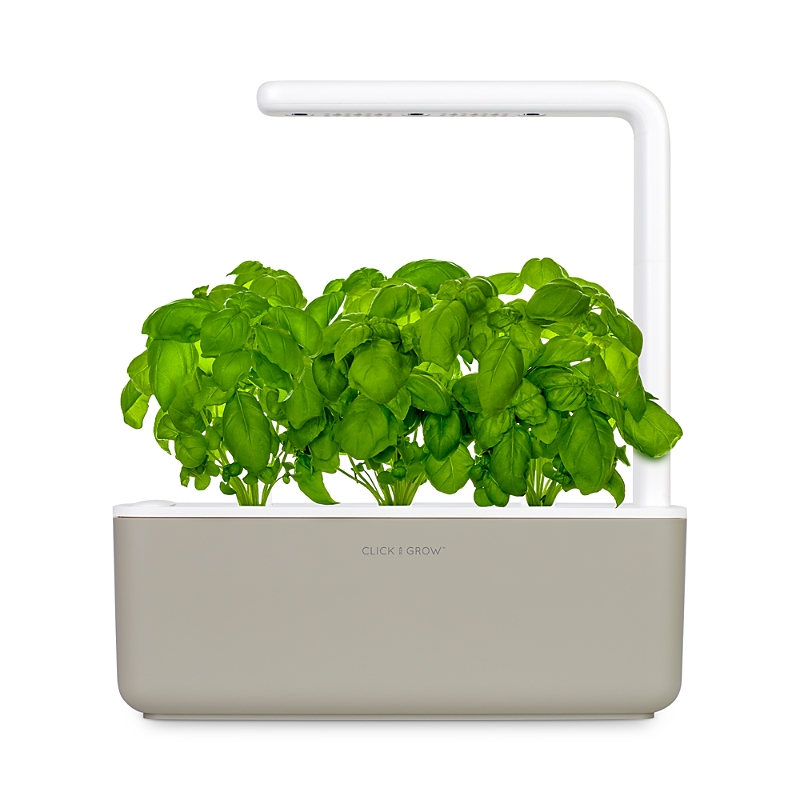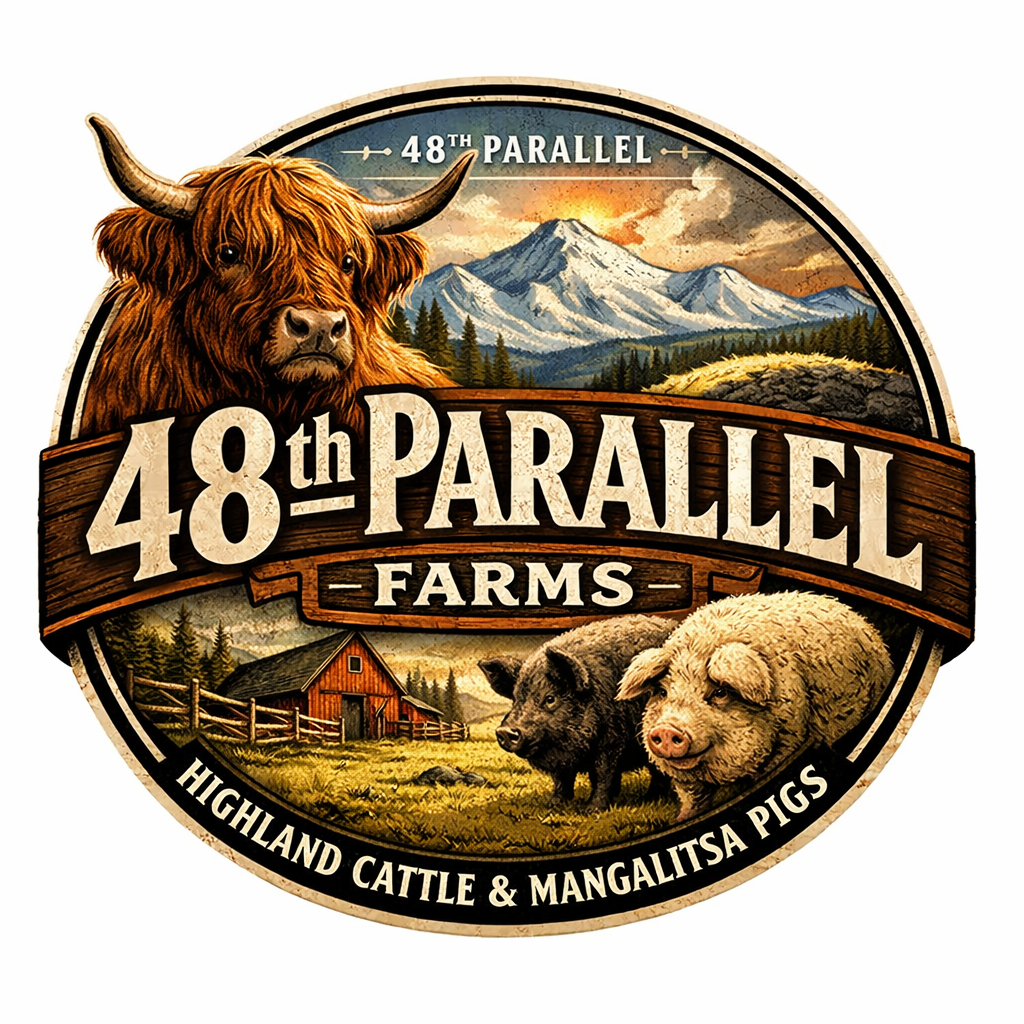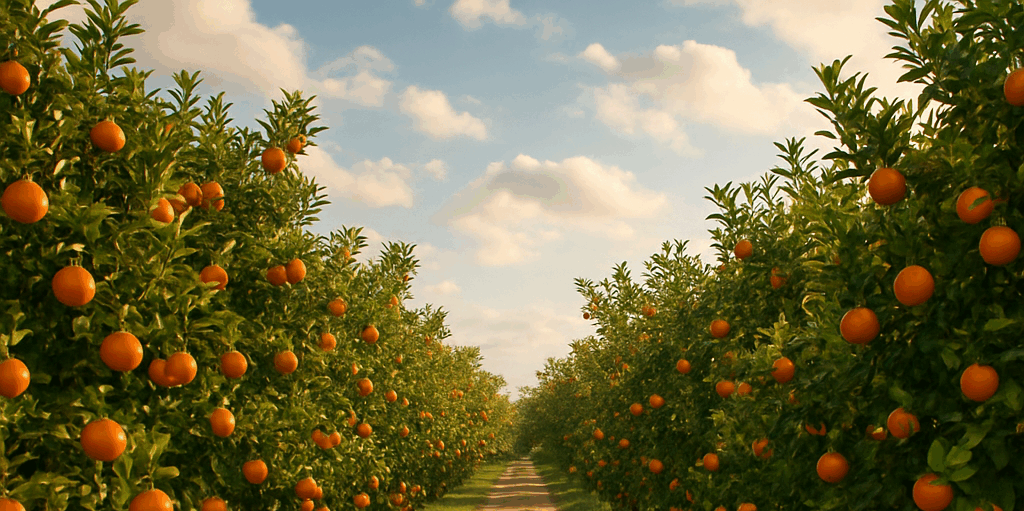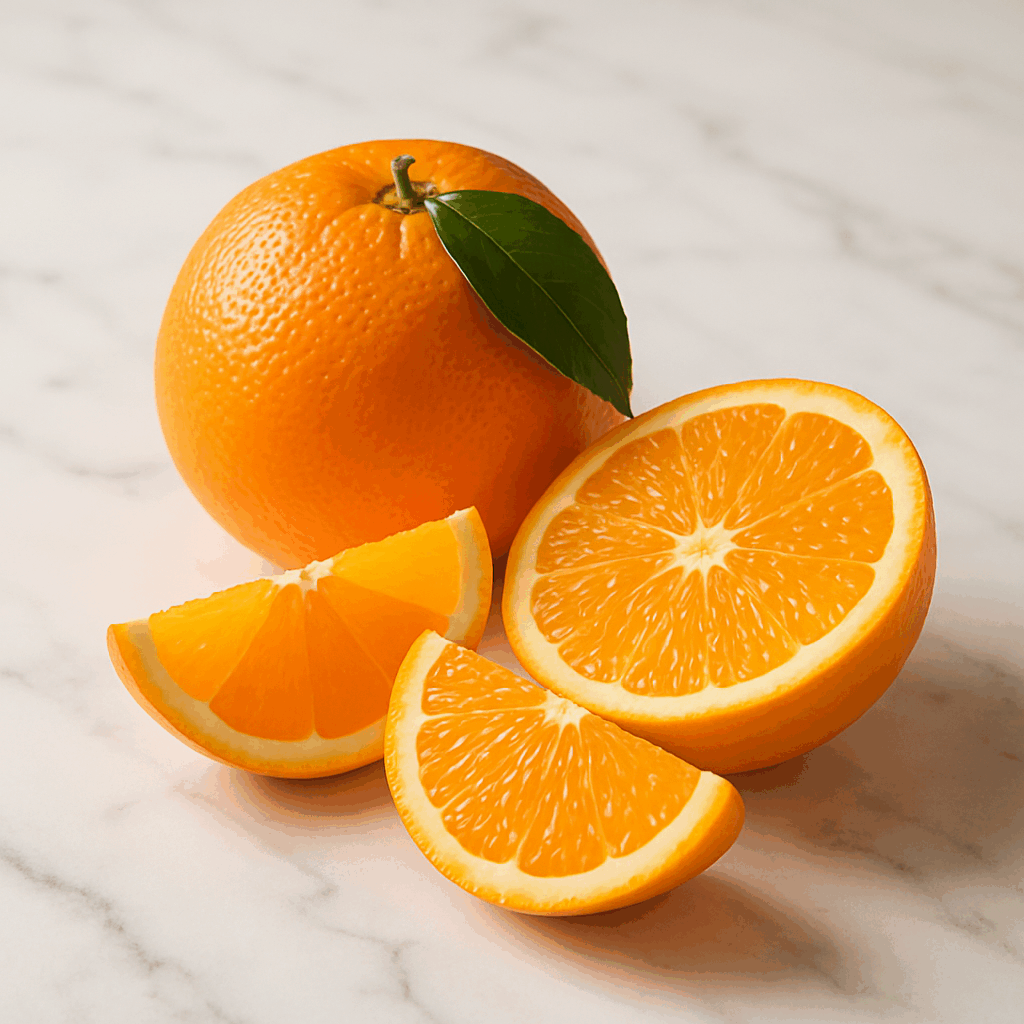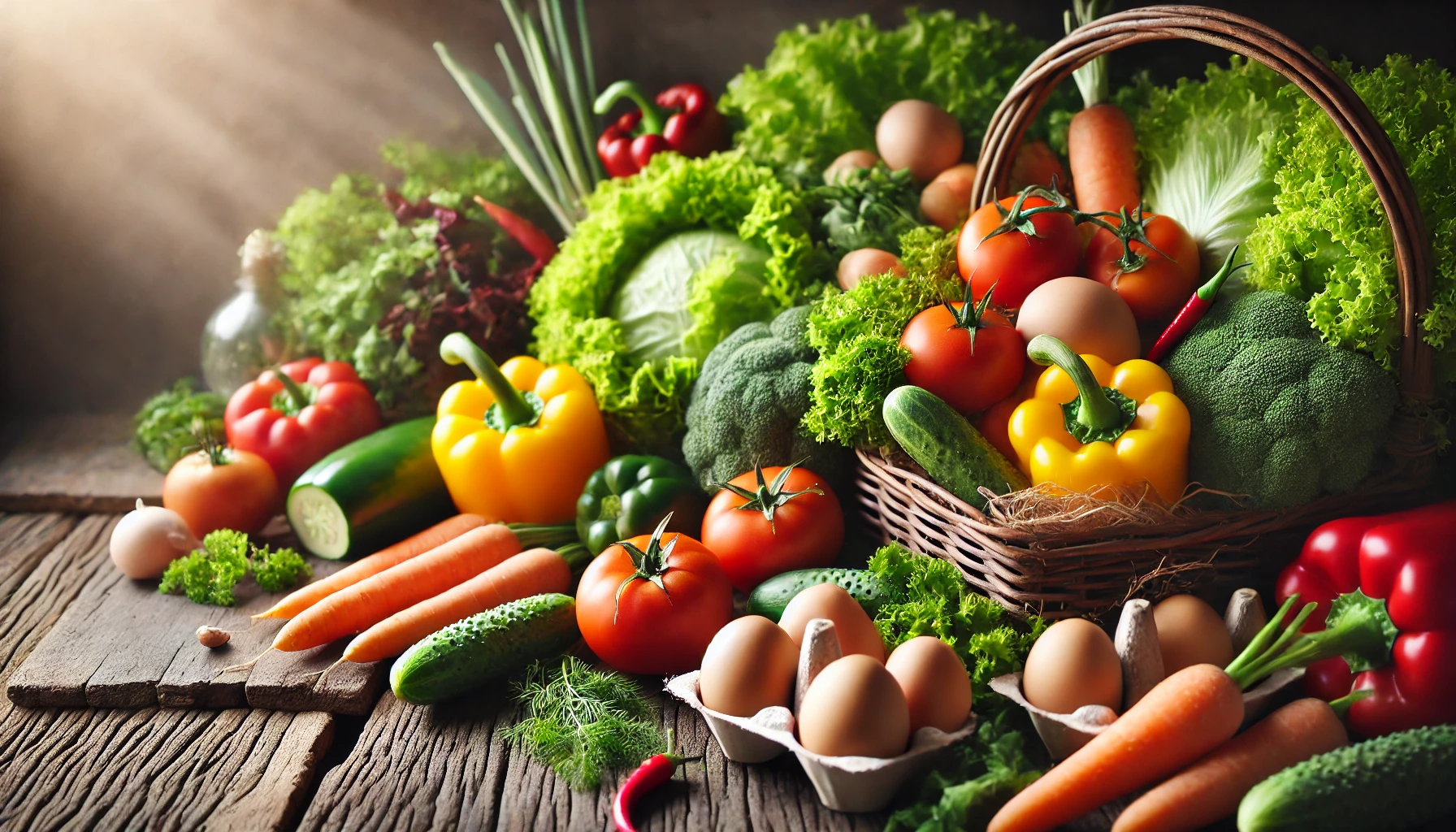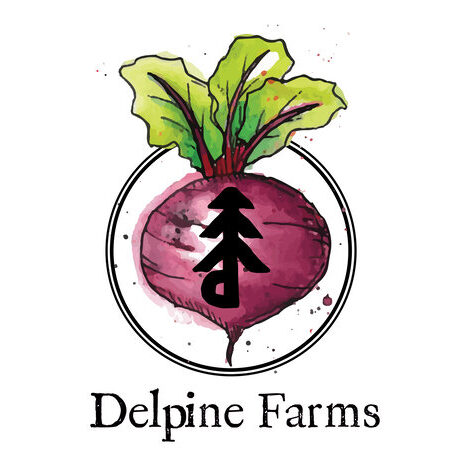This may include information about products related to self-sustainability or production practices as well as immersive educational experiences.
Education is crucial for becoming self-sustainable because it equips individuals and communities with the knowledge and skills necessary to adopt sustainable practices. Here are several key reasons why education is essential for self-sustainability:
Awareness and Understanding: Education raises awareness about the importance of sustainability and the impact of human activities on the environment. It helps people understand the principles of sustainability and the need for conserving resources, reducing waste, and protecting ecosystems.
Knowledge of Sustainable Practices: Education provides detailed knowledge about various sustainable practices, such as renewable energy usage, organic farming, water conservation, waste management, and energy efficiency. This knowledge is essential for implementing these practices effectively.
Skill Development: Practical education and training programs teach essential skills needed for self-sustainability. This includes skills like gardening, composting, food preservation, eco-friendly construction, and maintenance of renewable energy systems. Hands-on training and workshops can be particularly effective in building these skills.
Empowerment and Confidence: Education empowers individuals by giving them the confidence to make informed decisions about their lifestyle, consumption patterns, and resource management. It fosters a sense of responsibility and capability to contribute to sustainability efforts.
Critical Thinking and Problem-Solving: Education encourages critical thinking and problem-solving skills. It enables people to analyze environmental issues, evaluate different solutions, and make choices that align with sustainable principles. This is particularly important in adapting to new challenges and finding innovative solutions.
Community Engagement: Educational programs can bring communities together, fostering collaboration and collective action towards sustainability. Community education initiatives, such as workshops, seminars, and local sustainability projects, can build a strong support network and share resources and knowledge.
Influence on Policy and Advocacy: Educated individuals are more likely to engage in policy advocacy and support environmental legislation. Understanding the broader context of sustainability issues allows people to participate in civic activities, influence policy decisions, and advocate for systemic changes.
Sustainable Consumption: Education helps individuals understand the impact of their consumption choices on the environment. It promotes sustainable consumption patterns, such as choosing eco-friendly products, reducing waste, and supporting local and sustainable businesses.
Resilience and Adaptability: Education prepares individuals and communities to be resilient and adaptable in the face of environmental changes and challenges. It equips them with the knowledge to respond to issues like climate change, resource scarcity, and natural disasters in a sustainable manner.
Inspiration and Motivation: Educational programs can inspire and motivate people to take action towards sustainability. Learning about successful sustainability initiatives and the positive impact they can have on the environment and society encourages individuals to adopt similar practices.
In summary, education is the foundation for understanding, implementing, and promoting self-sustainable practices. It empowers individuals and communities with the knowledge, skills, and motivation needed to make sustainable choices and contribute to a healthier and more sustainable planet.



